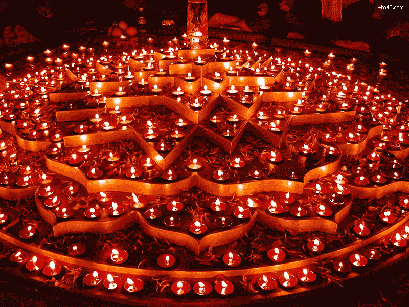
This song memorises me; its picturized-on actor Motilal and Raj Kapoor in the movie “Jagate Raho” Raj Kapoor in his hey days has acted in this movie directed by Sombhu Mitra and Amit Maitra. Raj Kapoor was young and known for his romantic roles. In this movie he hardly had any dialogues.
The story written by KA Abbas; the movie was a courageous endeavour because it was an experimental movie to inform a poignant story of an anonymous, destitute guy who simply desires to have little water to quench his thirst. But the society is unaware of the numerous poor people’s small needs. The movie is set during a nighttime in a residential complex. We often associate darkness with negative, end, ignorance and evil while light is associated with life, goodness and knowledge. But there is beauty in darkness. In darkness, we understand our real self, we know what we are and what we are not. In darkness, we know that there is more we cannot see.
The protagonist Raj Kapur during that night, is mistaken to be a thief by the police officers, he runs away and therefore throughout the movie he is shown in panic state. The movie is a parody of the so-called respectable people staying in high end colony are selfish, frauds in society. They are heartless. The police who fake to be the guardians and ethical gatekeepers of society are muggers themselves. Watching the hypocrisy of those educated guys leaves the hero baffled as he receives a glimpse of the ill-mannered humans of the so-called civilised humans. Released in 1956, Jagte Raho was ahead of its time.
The song zindagi khwab hai is picturized on actor Motilal who is shown drunk, and Raj Kapoor hides from him. The song starts with Sant Kabir’s doha which is expressed as Rangi ko narangi (colourless) kahe, jale doodh ko khoya (lost) Chalti ko gaadi kahey Dekh Kabira roya. Kabir describes the nature of man which makes him live in a world of paradoxes. A fruit has a wonderful colour and man calls it narangi (colourless). Cooked, sweetened milk is called khoya which means lost in Hindi. The one which is on the go is called Gaadi which means buried in the ground. Taking a cue from this very situation, Kaviraj Shailendra takes these paradoxes further to say Zindagi khwab hai, Khwab mein jhooth kya aur bhalaa sach hai kya. Life is an illusion – a dream; in a dream, nothing is true and nothing false.
Motilal excels in this role of a drunkard, singing this song which is sung incredibly by Mukesh. The song shows compassion in Raj Kapoor befriending a street dog. Composer Salil Chowdhury uses oboe (a wood-wind instrument), flute and xylophone to lighten the atmosphere. The song is about paradoxes. Raj Kapoor plays a natural destitute, he brings a smile on your face automatically. In comes the drunk Motilal singing the above Kabir doha and rest of the song. The super lyricist Shailendra lifts the mood as the song progresses.
Ek pyaali bhar ke maine, gham ke maare dil ko dee, zeher ne maara zeher ko, murde mein phir jaan aa gayi. A paradox again: a dead comes alive after having a sip of the alcohol. Kaviraj Shailendra surpasses here indicating there’s so much poison in our hearts, we are as good as dead. The influence of alcohol changes all that, we become alive after having alcohol.
The picturisation fittingly supports the song. Motilal wearing a crisp white dhoti and kurta with a garland in his neck indicates that he belongs to the richer class of the society. He is drunk and in the intoxicated state he sings on the streets at night least bothered about his position. Lyricist Shailendra wanted to give subtle advice to the listeners that life is momentary, live in present, in this moment. Live your life as it comes, live happily. It is just a dream, an illusion and is going to pass away. Yet it is real because you are living. The trouble is that you are befuddled by hope, dream, desire, need and wants which are never ending.
Listen to the most profound song:












































